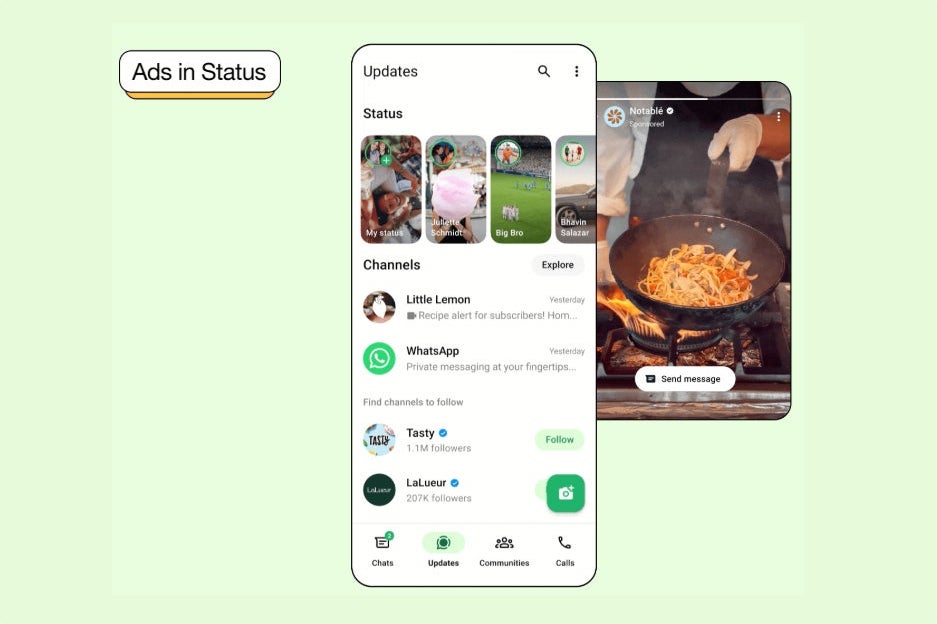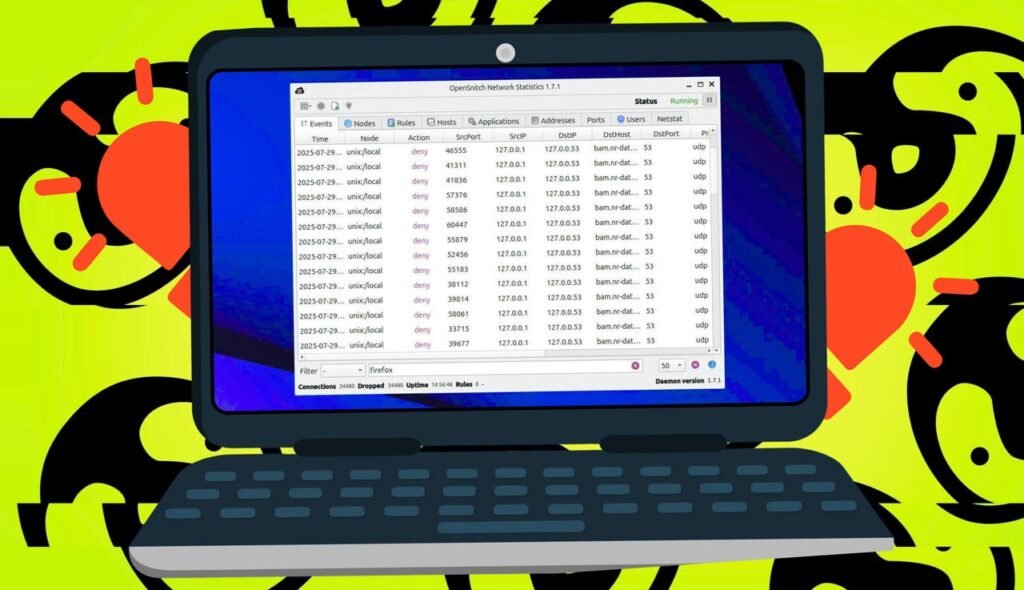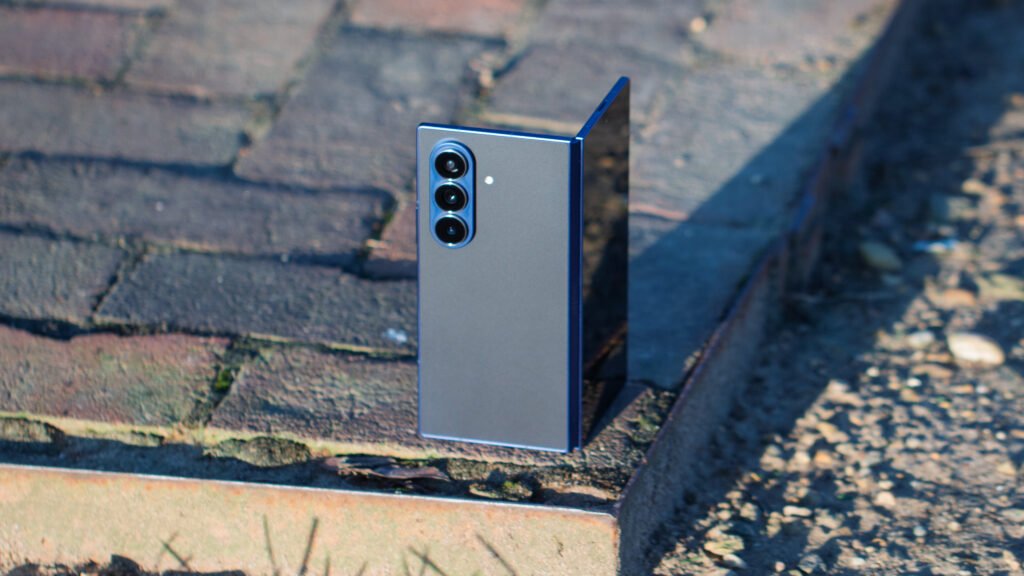The Office of Cybersecurity said WhatsApp is considered a high-risk platform because of “the lack of transparency in how it protects user data, absence of stored data encryption, and potential security risks involved with its use.” Staffers have been told to delete the app if it is already installed, and to avoid downloading it in the future.
This isn’t the first time the House has restricted access to popular digital tools. Over the past few years, it has issued bans or partial bans on apps from ByteDance, AI tools like DeepSeek, and even Microsoft’s Copilot. For ChatGPT, only the paid version — ChatGPT Plus — is currently approved for use.
The decision to block WhatsApp comes shortly after Meta, the company behind the app, confirmed plans to begin testing ads in WhatsApp Status. While the ban officially focuses on data security, the timing has led to speculation that the recent move toward monetization may have raised additional concerns.


WhatsApp announced it will start placing ads in user status messages. | Image credit — WhatsApp
In response, Meta spokesperson Andy Stone disagreed with the decision and pointed out that WhatsApp messages are end-to-end encrypted by default, meaning only the people involved in a conversation can read the content.
We disagree with the House Chief Administrative Officer’s characterization in the strongest possible terms. This is a higher level of security than most of the apps on the CAO’s approved list that do not offer that protection.
— Andy Stone, Meta spokesperson
Despite Meta’s defense, the CAO listed several approved messaging alternatives for House use. These include Microsoft Teams, Signal, Wickr, iMessage, and FaceTime. The email also warned staff to watch out for phishing attempts and unknown texts, urging them to stay alert.
While WhatsApp’s encryption remains one of its core features, the House’s decision highlights a growing debate over how secure messaging apps really are — especially as more platforms begin to introduce ads and other changes that affect user privacy. Personally, I find it surprising to see Signal on the list of approved apps — not that there’s anything wrong with the apps, but just because of the optics following a previous political scandal involving that same app in the past few months.
Read the latest from Johanna Romero







